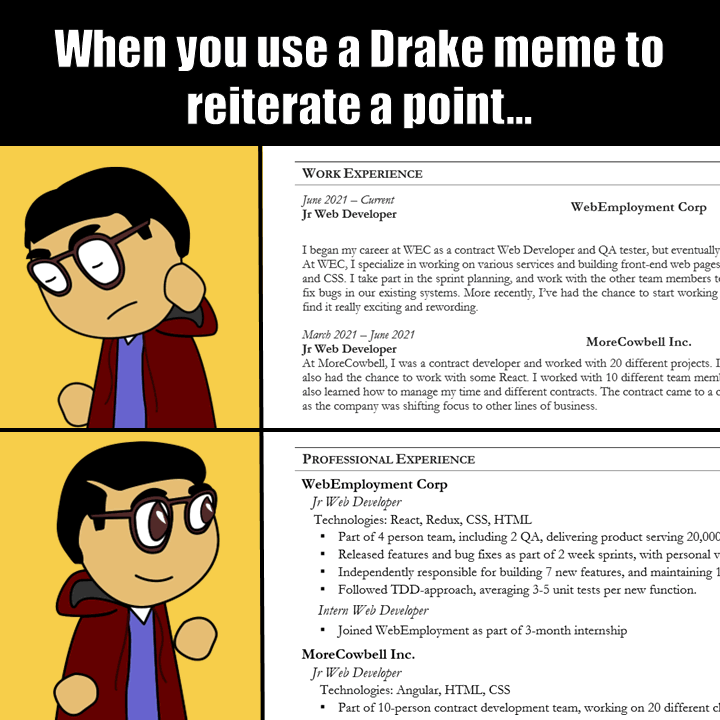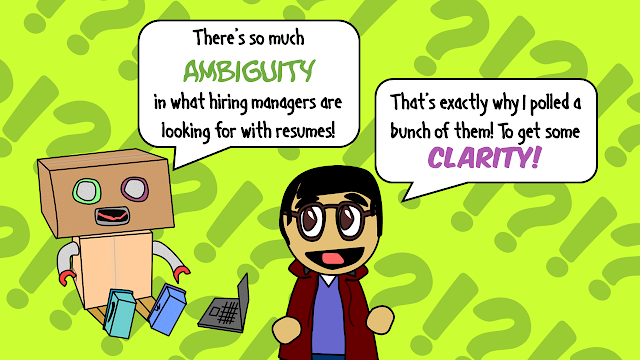The Post-Post-UX-UX-Post
As a follow-up to my post about the post-UX-UX is a related question, this one about AI: Is AI shifting us to a post-UX world?
My original post-UX-UX post was about considering the user's experience after using a product. As an example, when I use Google Maps to get directions to a business, what is my post-UX experience? Am I left frustrated because Google Maps navigated me to the business without factoring that I'd need to park somewhere? Is the business I was looking for where I expected it to be? Does the neighborhood feel safe? Can I easily orient myself around the neighborhood? Are there other places nearby I should be checking out that align to my interests? If Google Maps focuses on improving their user experience, great. If Google Maps focuses on improving my experience after I'm done with the app, even better.
Now, with AI - and, in particular, agentic AI - the idea of needing a UX is really being brought into question. Not all buttons need pressing, and not all actions need buttons. The right agent, especially when coupled with other agents, can handle it all: imagine search Google Maps for a restaurant that's 45mins away, and when I start driving an agent handles making a reservation based on my arrival time. No more need for a reservation app. Post-UX.
Or, imagine when we're thinking about business applications: what dashboards, what tools can be eliminated through the use of agents? AI is already eliminating the need for reports. We use reports to look for trends, look for outliers, understand questions. With AI, we don't need to interact directly with a report, or the data. Just ask an LLM the specific question and let it do the analysis. The report is just overhead. Post-UX.
Similarly, if I build a business workflow with phase gates and require a person to review, analyze, and approve at each gate - I'm creating overhead. Why not just let an agent take care of it? Post-UX.
And so if, as product managers, we're wondering about the user's experience after working with a tool (the post-UX-UX), then in the era of agentic AI, perhaps we should now be considering the user's experience after using agentic tools. The user's post-post-UX-UX.
(For comedic sake / maximum confusion, let's now call this post my post-post-UX-UX-post...)
In my example of the business workflow with phase gates - maybe the post-post-UX-UX is about the user experiencing faster processing times, less disruptions to their flow, less time building bespoke skills against a specific tool, more time broadening generalized skills.
Of course, there are also possible negative effects: Maybe the user feel more removed from their work. Maybe the system feels more opaque. Maybe, if something goes wrong, they have less sense of where to intervene.
There's no one-size-fits-all answer, of course. It's about starting with the question: what is the post-post-UX-UX? Or, as a simpler question, how might we build better products when we consider the user's experiences after they've leveraged our agents?
As always, it's about user empathy.





